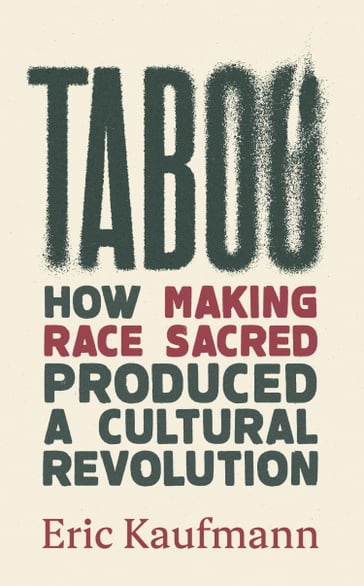In Spiked, Brendan O’Neill admits to being an “old square” who hasn’t really been able to figure out the Kamala Harris campaigning style:

“Kamala Harris” by Gage Skidmore is licensed under CC BY-SA 2.0 .
I was thinking the other day: what do I know about Kamala Harris? Off the top of my head, no Googling, I know she was the attorney general of California. I know she locked up lots of people for marijuana violations. I know she likes Venn diagrams. I know she didn’t fall out of a coconut tree. I know she’s “brat”, though I don’t know what that means. I know her ceaseless cackle will haunt me to my grave. I know she’s unburdened by what has been. And I know she was the border czar, even if she herself seems to have forgotten that fact.
And that’s it. That is the long and short of my knowledge about the possible future leader of the free world. You could torture me for days and I wouldn’t be able to tell you her positions on the big issues presidential candidates once held forth on. Iran, say. Or global trade. Or job creation. I’m open to the possibility that this is partly down to my lack of reading, but there’s also more to it than that. The truth is Harris is a wholly new kind of politician. One who’s not meant to be known but felt. It’s less her policies we’re meant to be wowed by than her vibes. Brace yourselves: America might soon be ruled by a meme made flesh.
[…]
There’s a twisted irony to this feverish beatification of Kamala as the vibe goddess, the mother brat, the “Gen Z Meme Queen” (kill me now). Which is that it’s the handiwork of the kind of sniffy liberals who laugh at rednecks for falling for the “Cult of Trump“. It’s being pushed by online leftists who spend the rest of the time wringing their hands over Trump’s “demagoguery”, his sinister ensnaring of supposedly dim voters with rhetoric and style. These people urgently need to take a look in a mirror. For their creepy worship of Harris is the very definition of demagoguery. Their excuse-making for her ivory-tower style of campaigning makes the most wide-eyed MAGA people look critically minded in comparison. As to their lying down so that the Kamala vibes might wash over them and provide with them an emotional kick – it’s giving North Korea.
What are “vibes”, anyway? All I know, being middle-aged and literal, is that vibes is short for vibrations. It’s a Sixties thing, originally. It’s about pressing pause on all your thinking and worrying and just letting the beat rush through you. That’s fine in a club or art venue. But in politics? In a presidential campaign? Surely we should expect more from our elected representatives than a fleeting therapeutic thrill. It is a testament to the almost total hollowing out of public life, to “the fall of public man“, as Richard Sennett described the crisis of modernity nearly 50 years ago, that in an era of economic downturn, social conflict, war and fear, all we’re getting from one of the presidential candidates in the United States of America is vibes. And brat. And memes. And laughing. So much laughing.
The new politics of vibes is even more degraded than the politics of personality. That political style of the 1980s and 90s also spoke to a decline in democratic seriousness, where politicians would seek votes less on the basis of what they believed than on their spin-doctored pose as intimate, authentic “good guys”. But at least they tried to connect with us, at least they talked to us. Aloof, inscrutable “brat” Kamala is something far worse – a politician without substance or personality. Bereft of both vision and character, all she has to offer is strange vibrations.






